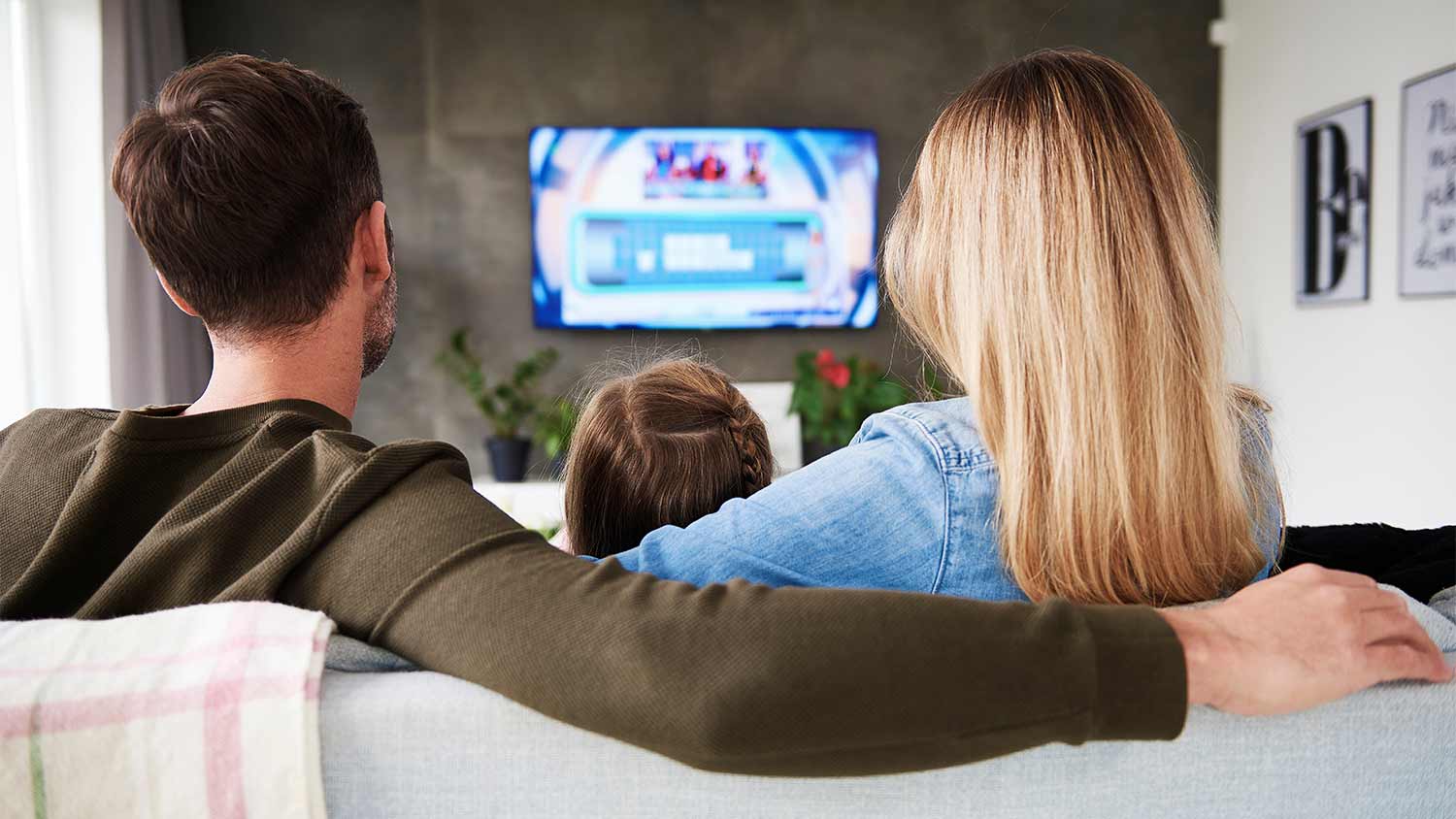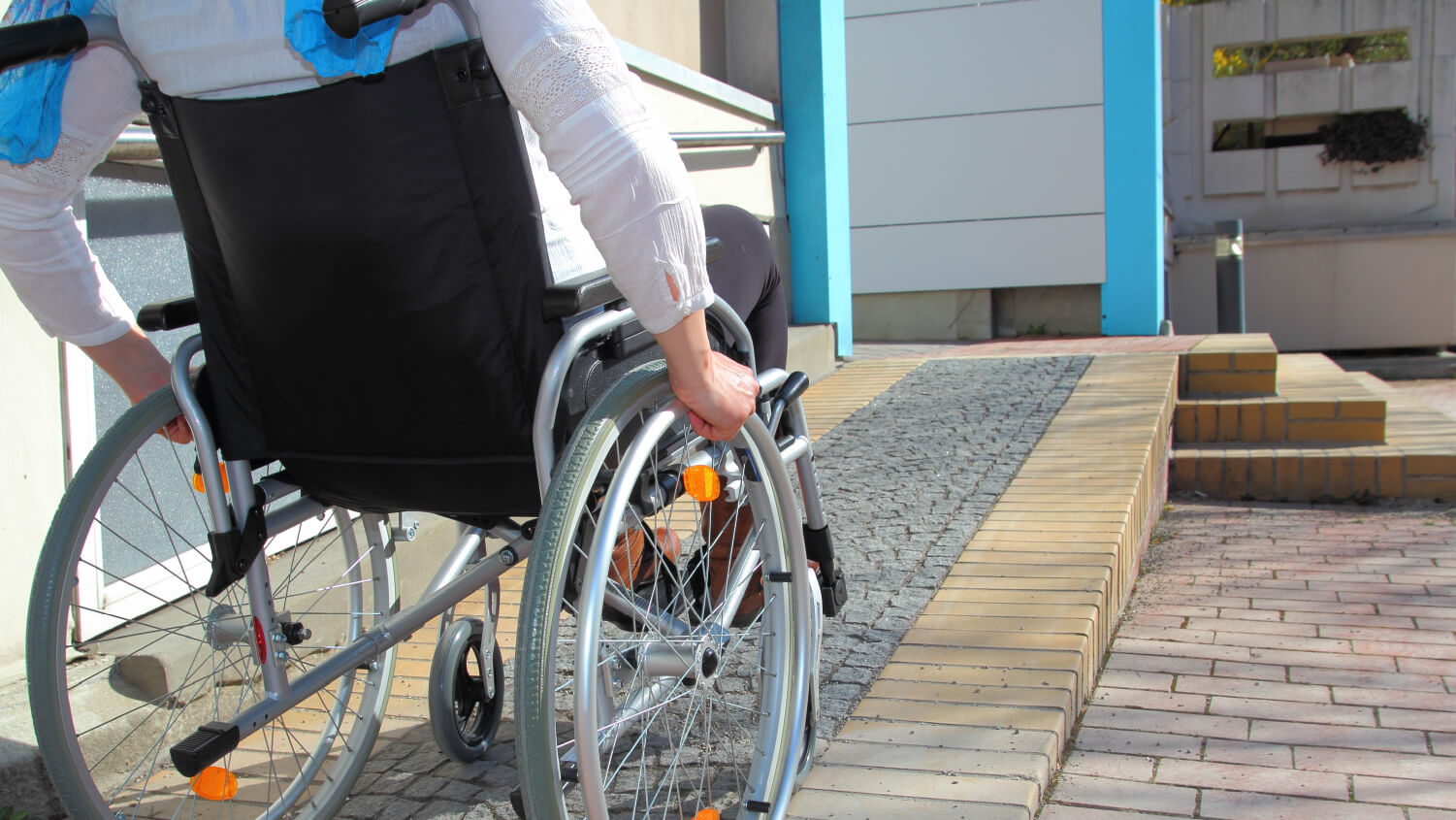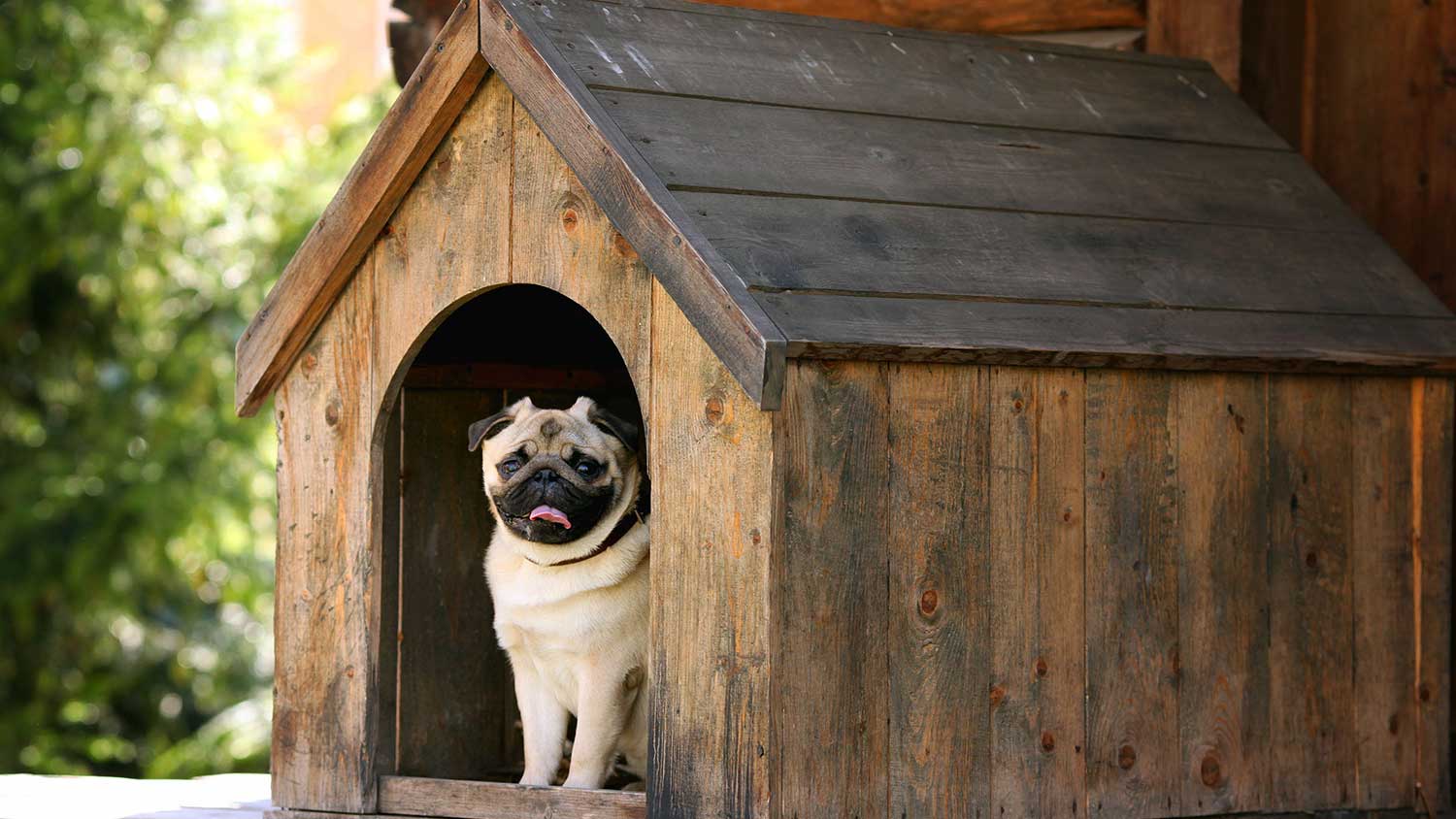
Looking to add a personal touch or some patriotic flair to your property? Learn about flagpole installation costs and how to budget appropriately.
To wall-mount or not to wall-mount, that is the question


Mounting a TV to the wall is a popular option for many people because there are so many great advantages to doing so. If you’re considering mounting your TV but can’t make up your mind, there are some things you should consider before making a decision.
In the end, it’ll come down to your needs and preferences. Learn if you should mount your TV to the wall by looking at the pros and cons below.
You finally chose the right TV for your space, but now you have to figure out how it’s going to fit in your room. You can mount your TV, so it’s off the floor and takes up virtually no space at all, or you can opt for a console or an entertainment center.
If space isn’t an issue because you have a large living room, then using a console may not be a big deal to you. But if you live in a small space like a studio, or want a TV in a small bedroom, mounting it to the wall makes sense.
This is especially true if you need the function of a console (where else will you store those dusty, old DVDs from your childhood?). You can always pair a wall-mounted TV with a console—but if you’re going for a minimalist home design, consider if you have enough storage space elsewhere to account for removing this item from your home.
When deciding if you should mount your TV, consider your budget. Most TV mounts will run you $20 to $150, depending on the make and model of your TV, and whether you want a fixed or swivel mount. If you can DIY the job, then your only cost is the mount.
If you’d rather hire someone to do the job, the cost to mount a flat-screen TV is $160 to $360. Even with these labor costs, you’ll save money compared to buying a console, which ranges between $200 to $1,000. You can hire a local handyperson for this job or an electrician near you.

As TVs become larger and thinner, they pose higher safety risks to the little ones in your house (and your pets too). If your TV is accidentally knocked over, it can cause serious injuries, and you may end up needing to replace it as well.
If you have kids or pets in the house, mounting your TV is the safest option for these reasons. This can help prevent injuries and costly TV repairs or replacements. At the very least, consider installing TV straps to reduce the risk of accidents if you don’t wall-mount your televisions.
If you’re the type of person who has a lot of audio equipment or accessories that you like to plug into your TV, mounting it to the wall might not be the best option. For one, you'd have to find a place to put all of your equipment near the TV, which might defeat the purpose of getting a mount to save space.
Also, if you like to plug lots of different things into the back, like in your HDMI ports, mounting your TV may mean you can’t easily access the ports anymore.
You may be able to work around this by getting a swivel mount, but even then, it’s not as easy to plug new items in compared to if the TV were sitting on a console. Depending on your needs, this might be a deal-breaker for you.
Either way, practice electrical safety by not overloading your outlets and using an electrician to ensure proper installation.
When it comes to designing a room around your fireplace, one of the first ideas you might have is to put your TV on top of the fireplace. Unfortunately, it’s not a good spot for your TV. The heat (and soot, if you have a real fireplace) can shorten the lifespan of your expensive TV.
Not only that, the TV is likely to be too high for most people to watch comfortably without straining their necks.
Although you may never have thought twice about it, when it comes to mounting a TV, you have to consider your surroundings. For example, if you live near a railroad track and your house tends to rattle when the freight train goes barreling past, you might be better off leaving your TV on a console.
Even areas with high amounts of construction can be unsafe for wall-mounted TVs, because, over time, the slight rattling or shaking can loosen the mount, causing your TV to fall.
If you live in an earthquake-prone area, wall-mounting your television can also pose a safety risk. However, if you decide to go ahead with this task, proper installation is crucial. Talk to a professional about your concerns to see if they can take additional safety measures for added protection.
Now that you’ve gone over the pros and cons, it’s clear that whether or not you should mount your TV depends on your specific needs and preferences. But if you’ve decided to mount your TV, don’t rush to grab your tools unless you have prior electrical experience.
Without the proper knowledge and skills, installation can be dangerous because you may accidentally cut into electrical wiring as you’re drilling into the wall. An incorrectly installed TV can fall to the floor, leading to injuries and expensive repairs.
Besides these more serious issues, there are other things to consider, like the length of your power cord and knowing how to mount the TV at the right angle without direct sun exposure. Rather than dealing with all the details, consider hiring a TV wall mounting service near you and get the job done right by a pro.
From average costs to expert advice, get all the answers you need to get your job done.

Looking to add a personal touch or some patriotic flair to your property? Learn about flagpole installation costs and how to budget appropriately.

Wondering about the cost to hire a handyman? Discover prices, key cost factors, and money-saving tips to help you plan your next home project.

Discover wheelchair ramp cost estimates, including installation, materials, and tips to save. Learn what impacts your price and how to budget for your project.

Whether you need to hang a picture or mount a TV, this step-by-step guide on how to drill into brick will make the entire process a breeze.

Hiring the right handyperson can save you time and even money. Here are the best tips for hiring any home project, plus interview questions for a handyperson.

Discover the cost to build a dog house. Learn about materials, labor, and ways to save on your custom or prefab dog house project.